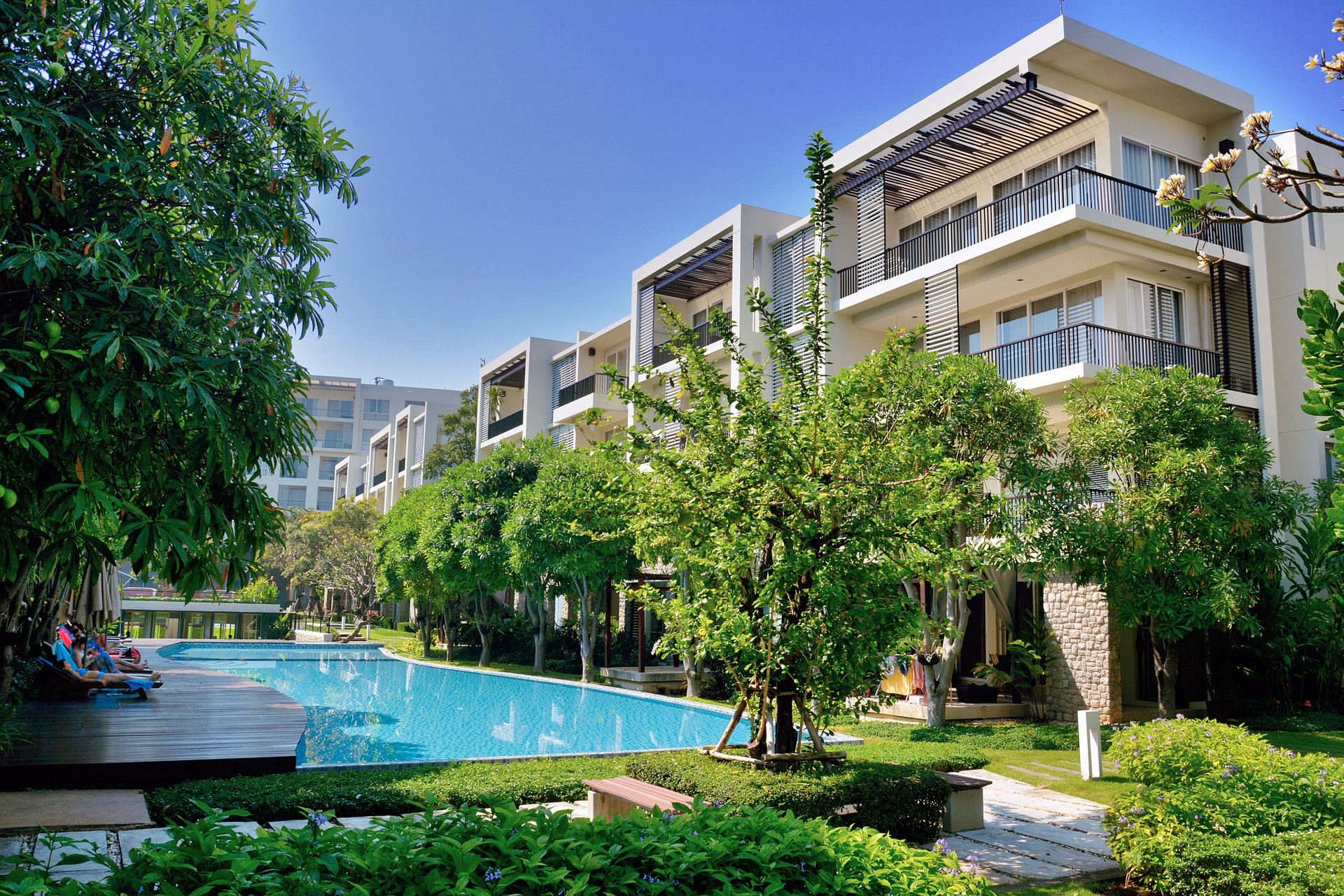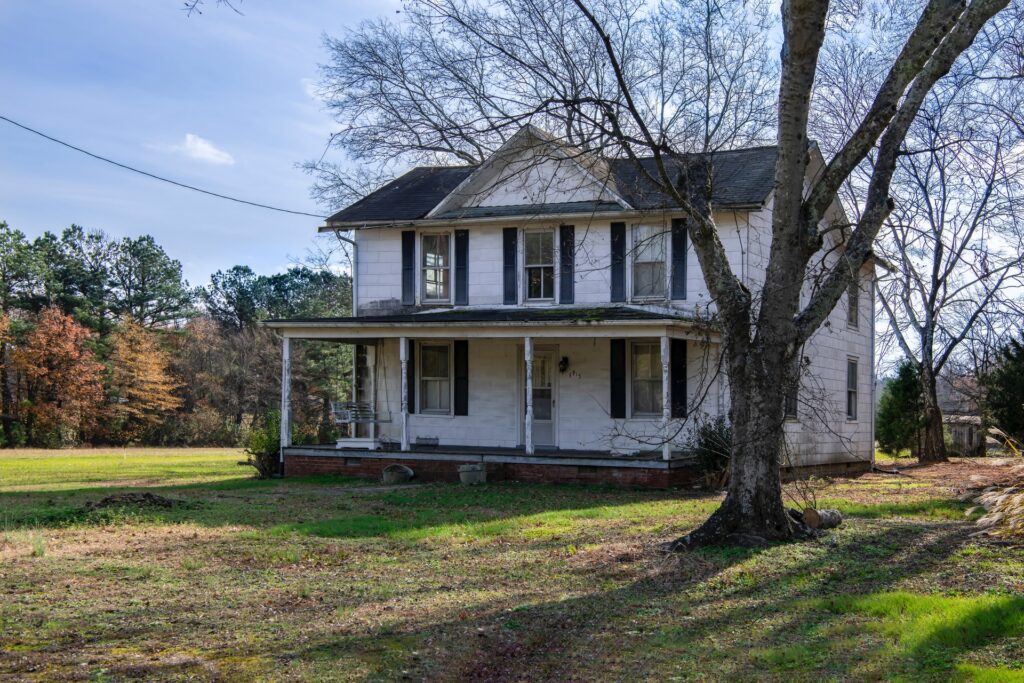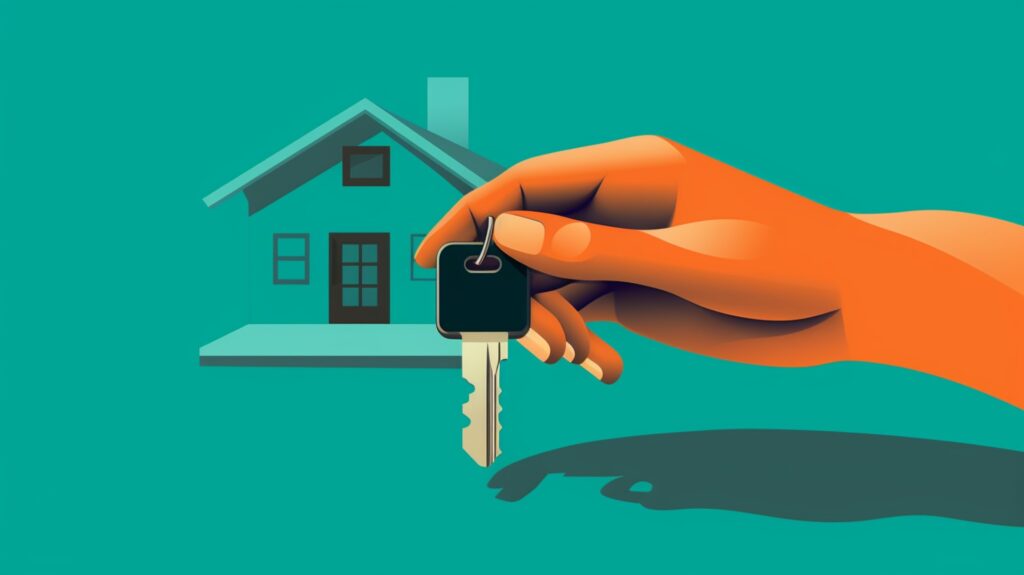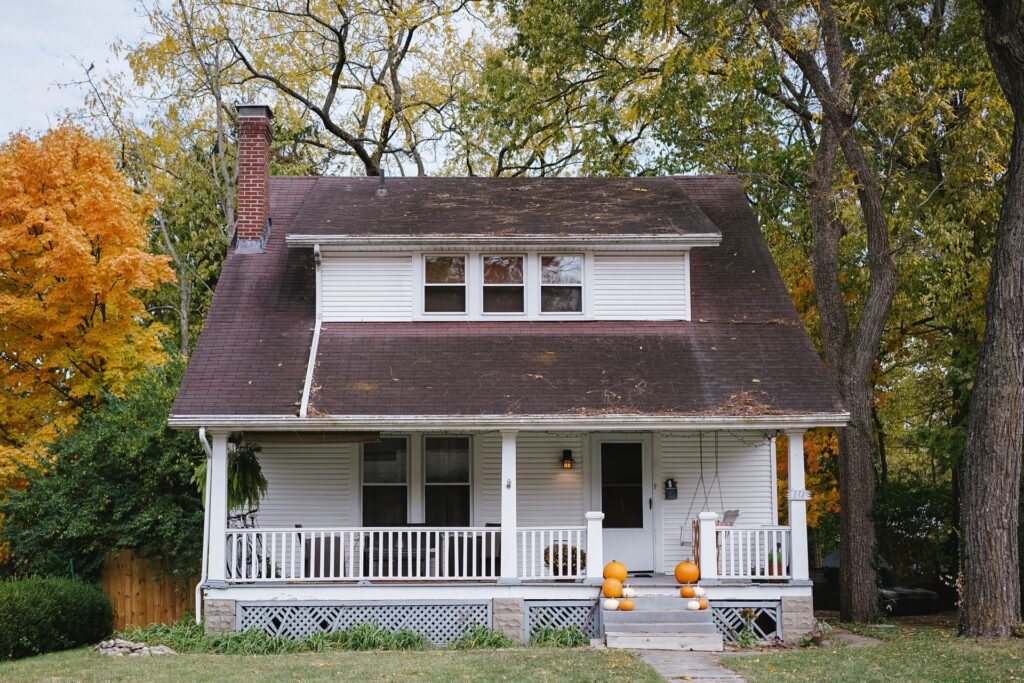
We are reader-supported. When you buy through links on our site, we may earn an affiliate commission.
If you make your living as a landlord — or dream of replacing your full-time income with rental properties — you want to get the most for each capital investment. How can you reap the best ROI? Condominiums are one type of property that make attractive rentals under the right circumstances. However, they do have potential pitfalls you should recognize. Are condos a good investment? Here are five things to consider.
1. The Highs and Lows of Homeowners Associations
Condos differ from townhomes in terms of ownership rights. Townhome owners own the interior and exterior of their properties, including the yard and garage areas. Conversely, condo owners only possess the interior of their unit and share ownership of the grounds as part of a homeowner’s association.
Homeowners’ associations arose to maintain property values and provide structure to a community with shared resources. For example, many condos feature onsite amenities like swimming pools and gyms that require regular maintenance. Many HOAs serve this purpose nobly, taking fees for their services in a monthly or annual assessment each condominium owner pays.
However, you should know that these associations can foreclose on your property if you fail to pay or violate their codes, covenants and restrictions. As a result, many condo owners who rent their units opt to pay these fees rather than rely on their tenants. Furthermore, you assume a slightly greater risk as repeated tenant property violations can result in legal action against you.
Before making your investment decision, read the CCRs and ensure that they’re reasonable. Commonsense rules, such as no excess noise between certain hours generally pause no problems. However, be wary about HOAs that include minor details like when you must put your trash and recycling bins in and out from the curb. Solo tenants may work during such times, but you’re ultimately responsible for any fines resulting from their negligence.
2. Maintenance Considerations
One advantage that makes condos a good investment for folks who don’t like to hassle with maintenance concerns is that your association handles your exterior. You won’t have to worry about neighbors complaining about your lawn getting out of control and causing weeds to spread.
However, your condo’s positioning can affect your need to perform other maintenance tasks. For example, your unit shares its plumbing system with others in your development. Determining who is responsible for repairs can be tricky. In general, issues that occur within your walls are your responsibility, while those that take place in common areas — such as the pipe connecting to the sewer line — fall on the association’s shoulders.
Here’s where the location of your unit matters if you’re considering a condo as an investment. Those lying at the base of hills are subject to the law of gravity — all the sewage from upstream rolls down the pipe. Your tenants could be plagued with frequent backups, especially if other residents routinely flush wipes and other objects that don’t belong in sewer systems.
3. Construction Style and Noise Complaints
You should have a tenant screening system in place to minimize your risk. However, even the most discriminating landlords can sometimes end up with residents who annoy the neighbors with their musical selections or frequent domestic battles.
Pay careful attention to your condo’s construction before making your investment decision. Ask about what sound barriers the contractor installed, whether they use the decoupling technique to minimize noise from different areas and include damping or extra drywall to decrease potential complaints.
4. Parking and Storage Wars
Most condos come with assigned parking spaces for each tenant. They may or may not provide additional slots for guests.
As a landlord, it falls on you to screen your tenants for the number of vehicles they own, keeping note of the makes and models of cars permitted on the property. Having a tenant who habitually parks in another’s space can lead to hard feelings, association fines and even court action. Furthermore, you may be held liable for damages if your tenant’s car leaks all over the parking space since the HOA manages exterior maintenance.
Many condos feature attached storage for each unit, but some have common areas that residents share. As a landlord, you should address the proper use of this space with your tenants to decrease potential conflicts.
5. Restrictions on Property Use
You might be one of the many landlords looking to rake in more than a single monthly rent by transforming your property into an Airbnb or VRBO. Suppose you purchase such a property in a popular vacation destination. You can potentially triple what you’d make on a single tenant, although you’ll increase your maintenance costs and effort significantly. After all, someone needs to wash the sheets.
However, you might not have to worry about your laundry load if your association prohibits short-term rentals. More and more jurisdictions have adopted such rules to ease the housing crisis and ensure a supply of local workers who can afford to live near their jobs. You could face severe legal consequences if you attempt to lease your property as a vacation rental in such areas — do your diligence before investing in a condo.
Are Condos a Good Investment?
If you hope to earn your living as a landlord, you need to choose your investments wisely. Determining what property type to buy isn’t a decision for the uninformed.
Are condos a good investment? It all depends on your unique needs. Consider the five factors above before spending your hard-earned money.










